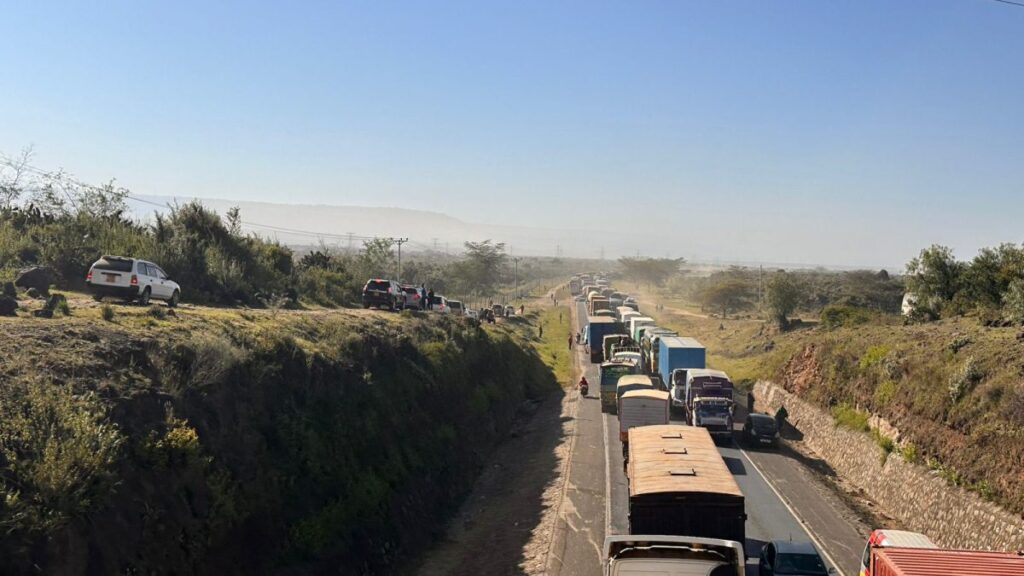President William Ruto has unveiled plans to expand the busy Nairobi–Nakuru highway into a six-lane dual carriageway as part of the government’s efforts to decongest the route and enhance economic connectivity across Kenya.
Speaking in Naivasha, Nakuru County, the President announced that the project would begin next month, marking a significant milestone in the government’s broader infrastructure development agenda. The Nairobi–Nakuru highway is one of the country’s most crucial transport corridors, linking the capital to major towns in the Rift Valley and Western Kenya.
Ruto emphasized that the expansion aims to improve traffic flow, reduce travel time, and enhance safety on one of Kenya’s most accident-prone roads. He highlighted that infrastructural development remains central to Kenya’s growth, noting that “Nakuru and the entire country cannot achieve transformation without robust development.”
The President also disclosed that the expansion would not stop at Nakuru. The project will extend beyond Mau Summit, reaching Kericho and Kisumu, while another branch will stretch towards Eldoret and the Malaba border with Uganda. This extension is expected to strengthen regional trade and connectivity with neighboring countries.
To ensure efficient implementation, the government will adopt a Public-Private Partnership (PPP) model. Ruto explained that relying solely on the national budget would not be feasible for such large-scale infrastructure projects. Instead, the PPP model allows for private sector participation, ensuring timely delivery and reduced financial pressure on the government.
He noted that preliminary preparations for the project are already in progress, with investors expressing interest in participating. The PPP model, he added, represents a sustainable financing solution that enables Kenya to achieve its ambitious infrastructure goals without accumulating excessive debt.
The Head of State further called on Members of Parliament to expedite the enactment of the Infrastructure Bond legislation. According to him, institutionalizing infrastructure bonds into law would provide the legal and financial framework necessary to support major national projects efficiently.
Ruto reaffirmed his administration’s commitment to accelerating infrastructure growth as a foundation for economic transformation. He stated that modern, safe, and efficient highways are critical for boosting trade, attracting investment, and ensuring equitable development across all regions of the country.

